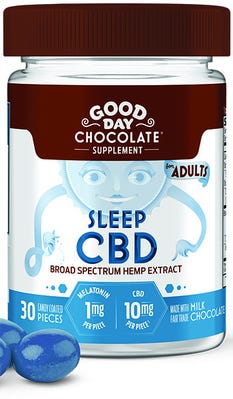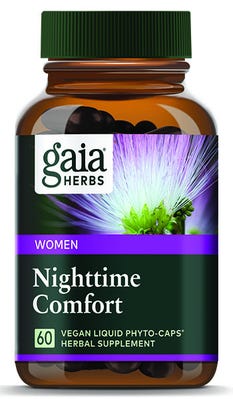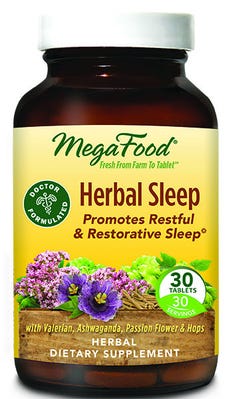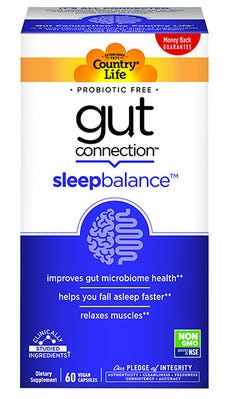January 23, 2020

As the wellness paradigm evolves, health experts increasingly recognize the importance of sleep. The National Institutes of Health recommends that anyone older than 18 get seven to nine hours of sleep each night. The reality: Studies show 40% of adults do not meet this mark.
While we once lauded a person’s ability to get by on little sleep, research now associates poor sleep with obesity, heart disease, stroke, hormone and blood-sugar regulation issues, and cancer. Not only can sleep deprivation lead to weight gain, it can also push exercisers toward exhaustion more quickly and, as studies have shown, make them less likely to reap the benefits of their workouts.
Recent research also continues to corroborate what molecular biologist John Medina, Ph.D, wrote more than a decade ago in his book Brain Rules: “Sleep well, think well.” Cognitive abilities decline when we’re short on sleep, and it’s an often-quoted fact that driving while sleep deprived is akin to driving under the influence of alcohol—a sobering thought considering how many of us could use a little more sleep.
The good news is that with adequate sleep, we can counter the negative ramifications of poor sleep. A new Boston University study published in the journal Science illustrates how the brain works as we sleep to flush out toxins and reduce the risk of diseases such as Alzheimer’s.
The increased focus on sleep for our health has led to new product development—as well as sales growth—in this dietary supplement category. Nutrition Business Journal reports that sleep product sales surged 12.3% in 2018, a much sharper increase than the 1.6% sales growth between 2016 and 2017. NBJ predicts growth will continue at a steady clip, with the strongest rate expected in sales of hemp CBD products, magnesium and herb blends, such as those containing valerian, black cohosh or ashwagandha. Still, melatonin maintains the top spot in sleep supplement sales.
Different paths to slumberland
New delivery formats and formulas designed to address specific sleep needs prove this supplement category is no snoozer. While natural sleep aids cannot replace hours spent sleeping, they can assist with falling—and staying—asleep. Consider stocking these newer supplements for your customers:

Good Day Chocolate Sleep Supplement CBD
Who wants a little chocolate at bedtime? Good Day Chocolate’s products have proven that a lot of people do. Now the company’s Sleep CBD offers yet another option to bring on sweet dreams. Made with organically grown broad-spectrum hemp extract—containing no THC—each piece supplies 1 milligram of melatonin and 10 mg of CBD. SRP: $64, 30 pieces

Gaia Herbs Women Nighttime Comfort
Transitioning through menopause is different for every woman, but hot flashes, night sweats and restlessness are common symptoms that interfere with a good night’s sleep as hormones shift. This blend of black cohosh, mimosa, passionflower and St. John’s wort aims to restore and maintain a healthy hormonal balance to help put the “feeling rested” back in sleep. SRP: $28.99, 60 capsules

MegaFood Herbal Sleep
Not all sleep supplements work the same for everyone, which is why it’s nice to offer a well-rounded set. MegaFood’s new Herbal Sleep, made with valerian, ashwagandha, hops and passionflower, is a melatonin-free alternative to promote a good night’s sleep. SRP: $19.53, 30 tablets

Country Life Gut Connection Sleep Balance
Given the microbiome’s critical role in maintaining a healthy immune system and producing neurotransmitters such as serotonin, it’s easy to see how a healthy gut can influence a good night’s sleep. This probiotic-free formula uses EpiCor dried yeast fermentate to support the body’s existing beneficial microorganisms. Magnesium, 5-HTP and melatonin relax muscles and ease tension for restful slumber. A children’s version will be available this spring. SRP: $33.71, 60 capsules
About the Author
You May Also Like
.png?width=700&auto=webp&quality=80&disable=upscale)




